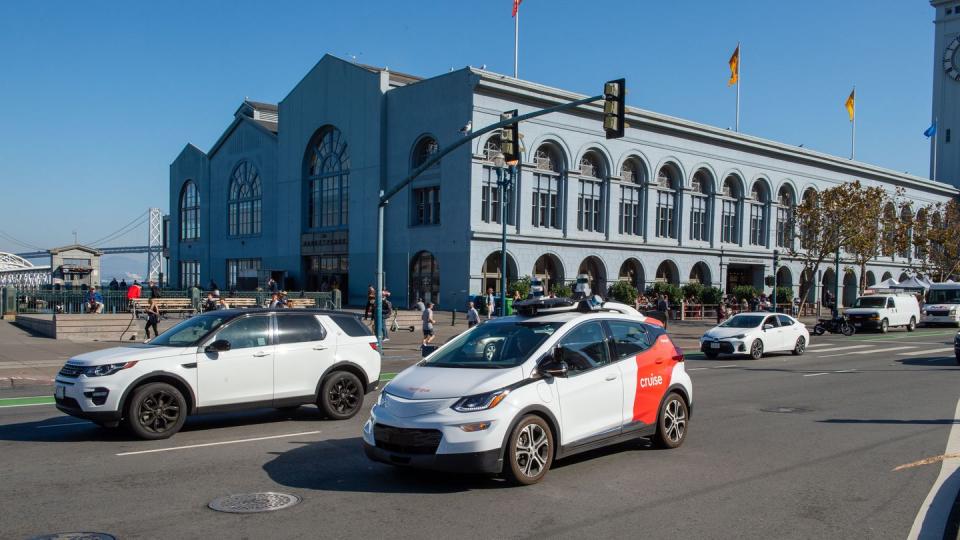Top Driverless Car Startup Now Has No CEO at the Wheel

One day after issuing an apology to his employees, Cruise CEO Kyle Vogt has left the self-driving car company amid an ongoing safety review of the brand’s U.S. operations.
According to Reuters, Vogt shared few details about his departure in an email to employees acknowledging his resignation. Vogt has been with the company since its inception, having founded Cruise all the way back in 2013. The autonomous vehicle outfit has had an up and down ride in the years since, garnering both praise and criticism from investors and regulators alike. Things have been particularly tough for the General Motors subsidiary in recent months, the result of an October 2 accident in which a Cruise vehicle hit and dragged a pedestrian. California revoked Cruise’s license to operate its AVs in the state following the crash.
The company shortly pulled all of its vehicles from testing in the United States, including their human-operated machines, in an effort to rebuild public trust via an extensive safety and process review. The company probed third-party consulting firm Exponent to investigate the October incident, and has made promises to retain external safety consultants moving forward.

“As CEO, I take responsibility for the situation Cruise is in today. There are no excuses, and there is no sugar coating what has happened. We need to double down on safety, transparency, and community engagement,” Vogt said in an email message seen by Reuters.
Cruise has remained in a tenuous spot in the past few weeks, with this departure coming during a period of heightened internal scrutiny. Autonomous vehicle companies need the general public to have some level of faith in the technology, or they risk losing out on much needed real-world testing. While this situation certainly hasn’t sunk the industry’s efforts at large, continuing struggles could impact public perception of AVs. General Motors CEO Mary Barra remains confident in Cruise’s ability to move forward without the founder and former CEO.

"We continue to believe strongly in Cruise's mission and the potential of its transformative technology as we look to make transportation safer, cleaner and more accessible," Barra said in an email.
The CEO spot at Cruise remains open for the time being. In its place, GM has appointed two presidents to report to its board, Mo Elshenawy, Cruise’s executive vice president of engineering, and Craig Glidden, G.M.’s general counsel, as the New York Times reports.
Barra has maintained that she believes Cruise has the potential to generate $50 billion in revenue by 2030. Things haven’t gone that way quite yet, with current third quarter losses reaching over $700 million due to a now defunct expansion plan across 15 US metro areas.
You Might Also Like

 Yahoo Autos
Yahoo Autos 